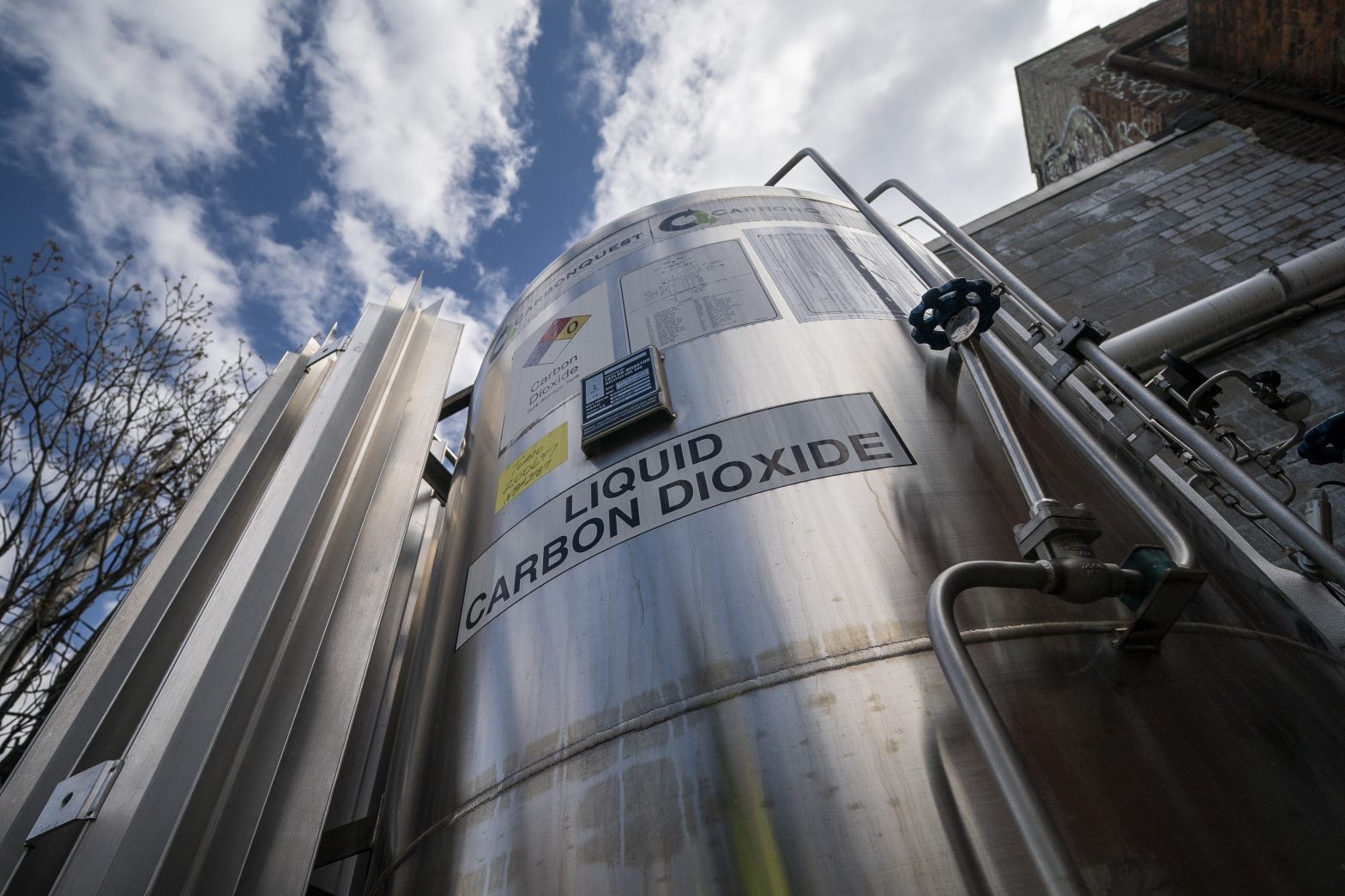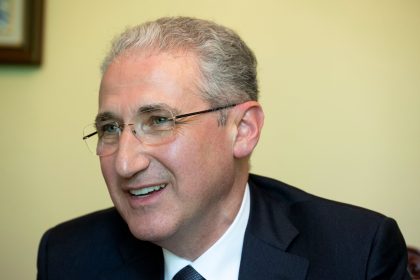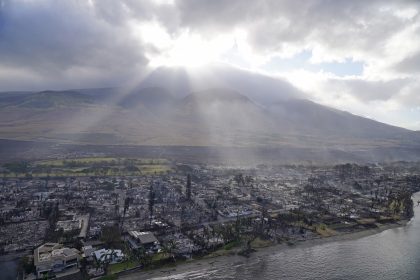Biden Administration Invests in Carbon Capture, Upping Pressure on Industry to Show Results

The Biden administration on Wednesday announced $251 million for carbon capture and storage projects in seven states, aiming to reduce planet-warming pollution from power plants and other industrial facilities.
The announcement represents a vote of confidence by the government in the nascent technology, which proponents, often from oil and gas industries, say could have a huge role in reducing emissions of greenhouse gases. Meanwhile, many environmentalists note that the technology is far from scale and argue that focusing on it distracts from established renewable energy solutions.
Between the direct investments announced Wednesday, billions more earmarked from legislation and public statements by President Biden and U.S. Climate Envoy John Kerry, the government is increasing pressure on the carbon capture and storage industry to show that the technology can significantly help combat climate change.
“We’re trying to get commercial lift off in the carbon management industry as a whole,” said Noah Deich, deputy assistant secretary for the Department of Energy’s Office of Carbon Management.
Carbon capture and storage involves removing carbon dioxide, either from the source of pollution or from the air at large, and storing it deep underground. In some instances, the carbon dioxide is transported across states through pipelines and stored at facilities and used for other things.
The projects are funded through the U.S. Department of Energy, with funds from the Bipartisan Infrastructure Law, which set aside $12 billion for carbon management projects. The awardees include universities, one major oil corporation, and come from several states, such as Texas, Illinois, Georgia and Wyoming.
The bulk of the money, $242 million, is going toward nine new or expanded large-scale carbon storage projects with capacity to hold at least 50 million metric tons of carbon dioxide, a tiny fraction of how much is put into the atmosphere. The U.S. released about 5.5 billion metric tons of carbon dioxide in 2021, according to the Environmental Protection agency.
One of the awardees is BP, which is receiving $33.4 million for two sites along the Gulf Coast in Texas. The rest of funding is for three studies into how to transport carbon dioxide from power plants, ethanol facilities and other industrial operations to locations for reuse or permanent storage.
Deich said that the investments complement new rules on greenhouse gas emissions from power plants announced by the U.S. Environmental Protection Agency. The EPA said that one way power plants can bring their emissions under the new limits is by deploying carbon capture technology.
Much of the cost of deploying carbon capture is the investment in the equipment to draw down the carbon dioxide, Deich said. Without somewhere to transport or store the carbon, it’s difficult for companies to justify adding the capabilities to plants. In expanding the transportation and storage options, the government investments aim at incentivizing companies to invest in carbon capture technology.
Under the Biden administration, the federal government has been encouraging companies to build infrastructure for capturing, transporting and storing carbon. A tax credit that was part of the Inflation Reduction Act has incentivized investments in carbon capture and storage projects in California, Wyoming and Alaska.
“Deploying the safe and permanent geologic storage of CO2 at scale is necessary to meet midcentury climate targets and today’s funding announcement wisely focuses on those projects that can store at least 50 million metric tons of CO2,” said Jessie Stolark, executive director of the Carbon Capture Coalition, in a statement.
While oil and gas corporations and carbon capture industry groups say the technology is crucial to America’s overall decarbonization efforts, opponents note that it’s far from scale, putting in doubt how much it can really help combat climate change. They also worry that large-scale investment in such technology will simply delay investment in renewable energy like solar and wind.
“We are headed towards global catastrophe, and do not have the luxury of time or resources to squander on speculative solutions such as CCS, especially when proven solutions already exist,” said Basav Sen, the climate justice policy director for the Institute for Policy Studies, a progressive think tank.
___
The Associated Press Health and Science Department receives support from the Howard Hughes Medical Institute’s Science and Educational Media Group. The AP is solely responsible for all content.

























